 The Grenfell Tower disaster in 2017 was the worst UK residential fire since the Second World War. 72 people lost their lives, while more than 70 people were injured in the blaze which spread rapidly due to the building’s external cladding.
The Grenfell Tower disaster in 2017 was the worst UK residential fire since the Second World War. 72 people lost their lives, while more than 70 people were injured in the blaze which spread rapidly due to the building’s external cladding.
Urgent fire safety reviews following Grenfell have resulted in changes to the criteria that surveyors and mortgage lenders are applying to high-rise blocks of flats and apartments. So, what are the issues? And what should you look out for if you own, or are thinking of buying, a flat or apartment?
How cladding is affecting your chances of getting the mortgage you need
In recent weeks, we’ve encountered two situations where issues with cladding are affecting a client’s mortgage:
- A client buying a flat is struggling to get mortgage approval because the building has not yet got the recognised, signed-off cladding reports
- A client remortgaging a flat they previously bought for cash is also struggling to raise finance in the absence of the correct report.
The Guardian reports that there are an estimated 600,000 people in England currently living in ‘unsellable’ flats because of the changes to regulations as a result of the Grenfell Tower disaster. There are also many new-build flats that are yet to have the requisite sign-off, meaning potential buyers and investors are struggling to get the finance they need to buy.
Why is this happening?
In December 2018, the government issued ‘advice note 14’. This provided clear guidance for building owners about the steps they have to take regarding the materials they use on the external walls of high-rise buildings: in other words, the cladding.
The consequence of this updated advice was that the lending requirements on flats and apartments immediately became much stricter. Fire safety must now be considered holistically on any multi-storey or multi-occupied building irrespective of height.
Lenders now require a ‘specific and unequivocal’ statement, prepared by a qualified, independent professional advisor, confirming that the property meets the requirements of the ‘advice note 14’ guidance.
A statement confirming that the property meets the requirements of the Building Regulations in force at the time of construction, or that the cladding is non-combustible or of limited combustibility is insufficient. It must confirm that the property meets the requirements of the current guidance from the Ministry of Housing, Communities and Local Government (MHCLG).
So, if you are buying or remortgaging a flat or apartment in a high-rise block, and you need mortgage finance, you will need the surveyor or valuer to provide a statement that:
- Positively relates to the building containing the subject property, identifying the building name, not the development name (if different)
- Unequivocally states that the building meets the current requirements of MHCLG
- Is signed by a person holding qualifications indicating they are a member of one of the relevant professional bodies
To help buyers and lenders satisfy the new requirements, there is a new industry-wide form designed to help the assessment and valuation of flats in multi-storey buildings, or where specific fire safety concerns exist.
This External Wall Fire Review form (EWS1) has been endorsed by the Royal Institution of Chartered Surveyors, UK Finance and the Building Societies Association. So, if you are buying or remortgaging a property in a multi-storey building, ensuring this EWS1 form is completed will help to smooth the transaction and avoid delays with your mortgage lender.
The impact of this new guidance has been that thousands of owners and leaseholders suddenly struggled to sell or remortgage their flats. It is worth noting that since the later fires at Barking (which prompted an MHCLG advice note on balconies) and Worcester Park, lower buildings are also now impacted.
Get in touch
If you’re considering buying a flat or apartment and you need finance, we can help. We can also deal with any issues regarding cladding as part of the process. Please get in touch by email [email protected] or call us on +44 (0) 20 3786 7270.




